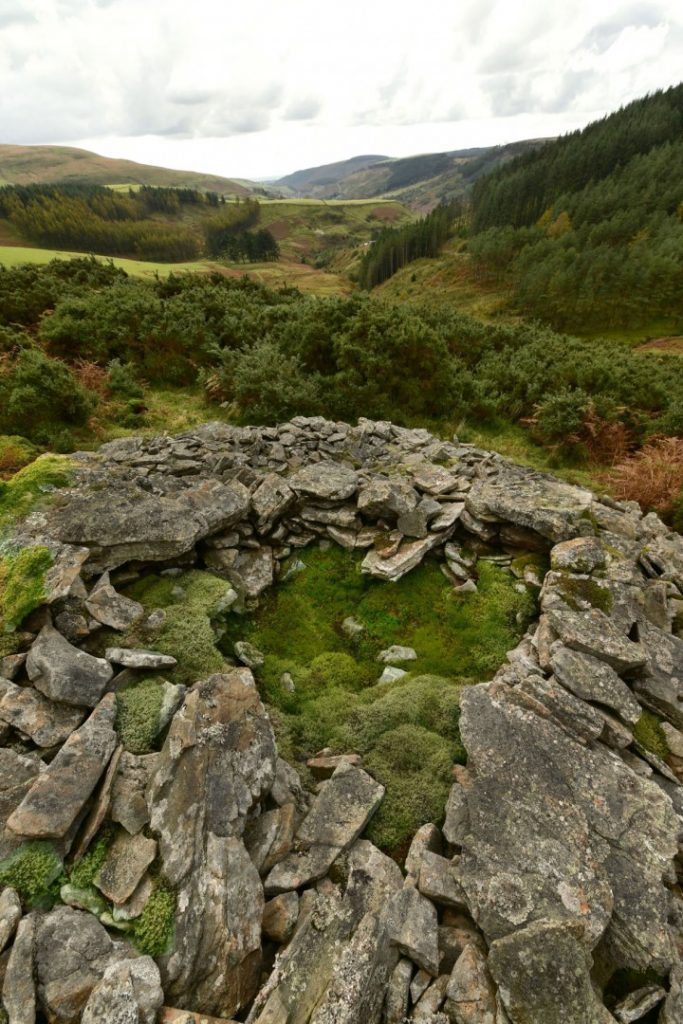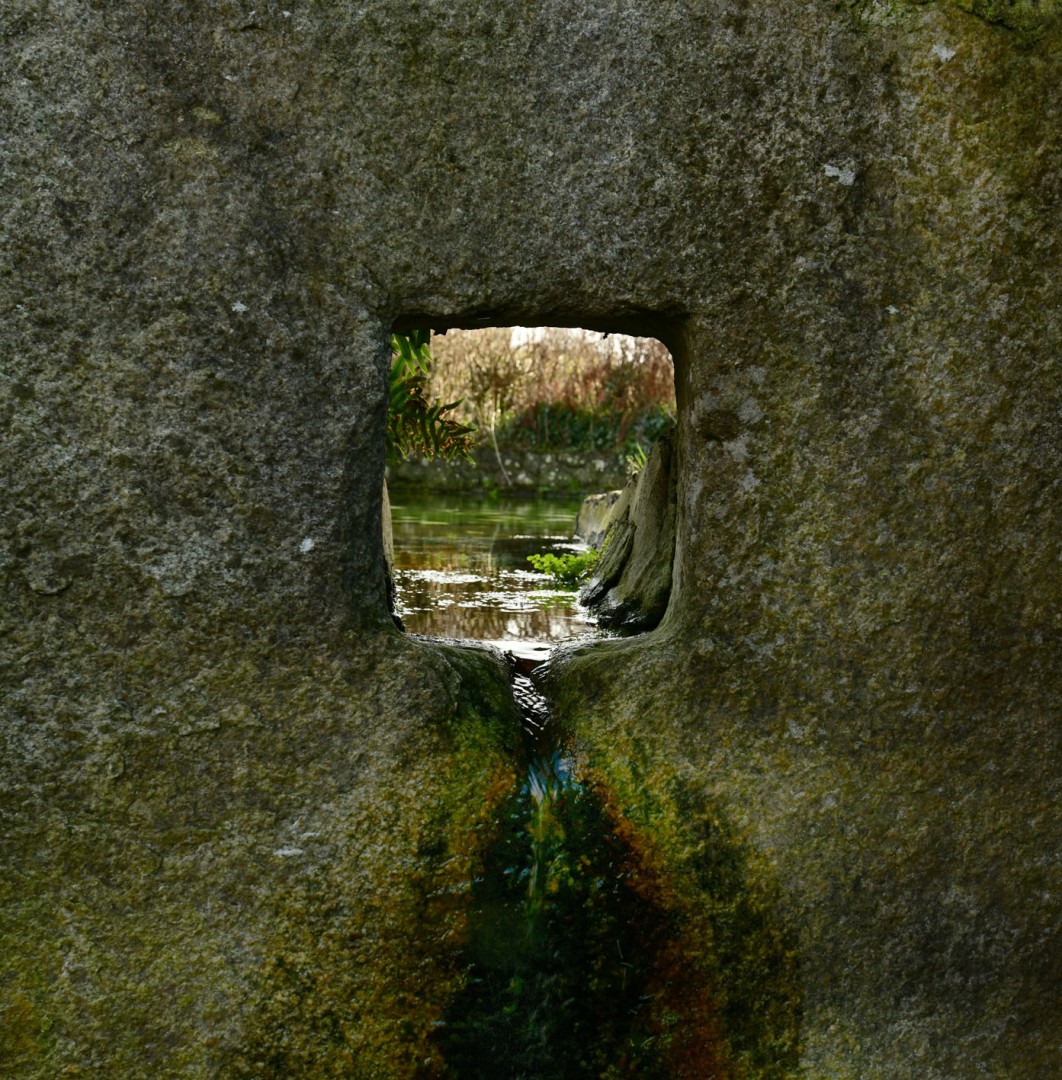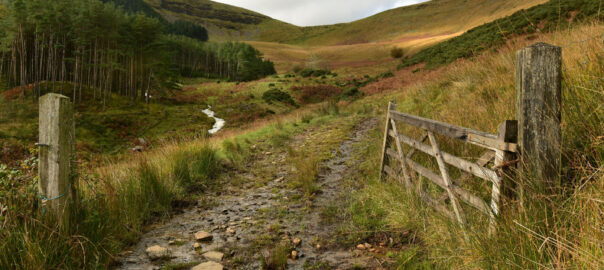I am delighted that my debut collection of short stories A City Burning (Seren Books, 2020) has been longlisted for the Edge Hill Short Story Prize. The collection was developed with the support of a Literature Wales Writer’s Bursary.
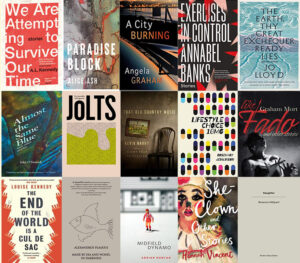
I am currently writing my second collection of poetry while my first is under consideration for publication. Its theme is Sanctuary. In times of peril we crave a place where we feel secure enough to let down our guard and open up to being restored so that we can start afresh. But a sanctuary that we’re not free to leave at will is a prison.
The pandemic has given all of us experiences of sanctuary and of ways in which we are, or are not, sanctuaries for each other. We are also touched by the great movements of migration as people flee danger, hoping to find somewhere safe to make a home.
Our planet itself has never looked more like a threatened sanctuary. And the ‘sanctuary’ of the human person is pressurized between a legitimate wish to be inviolable and a longing to be open and connected.
How could I make this collection exemplify the aspects of hosting and sharing which sanctuary, for me, has always had? An authored collection is usually the work of a single poet but could I open this one up? I decided to look for two poets in Wales and two in Northern Ireland to work collaboratively with me and contribute a poem each.
I came to live in Wales from Northern Ireland forty years ago when I married a Welshman. That was only a matter of crossing the Irish Sea but I still felt very out of place for a long time. How challenging it must be to be forced to leave one’s home. If I were in that position, I’d hope that the local poets would welcome me. So, maybe I could offer the welcome I’d hope to receive, even to a tiny degree.
I could look for a poet in each place who has had experience of being a refugee and another pair with expertise in other aspects of ‘sanctuary’.
The Swansea poet and publisher, Matthew M.C. Smith put me in touch with Swansea Asylum Seekers Support. Since 2003, this group’s Hafan imprint has published impressive work by asylum-seekers and former refugees. Through them I was introduced to an Iranian poet. His pseudonym is ‘Moon’.
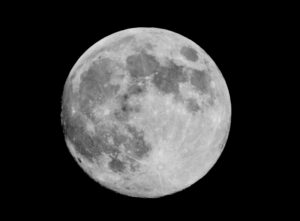
The other poet from Wales is Phil Cope, a writer and photographer who’s an expert on holy wells and sacred places across Britain and Ireland. We met years ago on the housing estate near the ancient shrine of Penrhys in the Rhondda. His latest book The Golden Valley: A Visual Biography of the Garw is just out.
In Northern Ireland I found Italian economic migrant, Viviana Fiorentino, a novelist, poet and cultural activist. Some of her work brings incomers and locals together around common experiences of displacement. (The Troubles ensured that many people know what it’s like to be forcibly moved.)
I have been searching in Northern Ireland for a female poet who has been a refugee. It doesn’t surprise me that it has been hard to find this person. The experience of seeking asylum, of having been a refugee, can demand much energy and there may be anxiety that going ‘on the record’ will lead to problems with the authorities. People may prefer to put the experience behind them.
I am delighted that Csilla Toldy is joining us. She is a Hungarian now living in Northern Ireland. She escaped Communist Hungary in 1981, looking for freedom in the West. She is a European who has experienced being a refugee within Europe. As a film maker and writer she has explored themes of arrival and departure, severance and belonging. Now she’s going deeper via this project.
Three poets have completed their work with me. The collaboration has been close and harmonious, though different in each case. With Moon I had an experience of absorption. His gently expressed comments were unusually penetrating and they have emerged in some poems by me – an osmotic kind of collaboration. His own poem, ‘YOU’, is in rhyming couplets, a substantial technical achievement. It is a tumbling progress through the chaotic stages of his break with his native land and the disorientation of arriving in Wales, knowing no one. It crescendos to a moving epiphany about what sanctuary is.
Phil Cope’s poem, ‘Another Lake Another Land’ is expansive. It takes us to many sanctuaries, from the Garw Valley to the Bosphorus, Iran, India and back to the Valley as a site of the transcendent.
Viviana’s poem is technically experimental, especially in its use of punctuation, and beautifully concentrated. It has an ecological theme.
It’s a pleasure to have the Northern Irish poet, Glen Wilson as mentor for my own work. In 2020 he mentored my first collection.
I received a Support for the Individual Artist Award from the Arts Council of Northern Ireland towards the costs of this undertaking. The book will be finished by the end of the year.
I hope an eventual book will link Wales and Northern Ireland and other parts of the world through experiences of sanctuary: what it is; where it is; who it is.
Information on the poets involved can be found here
Angela Graham is a film maker and writer from Belfast who has lived in Wales for decades.
https://angelagraham.org/ @angelagraham8
